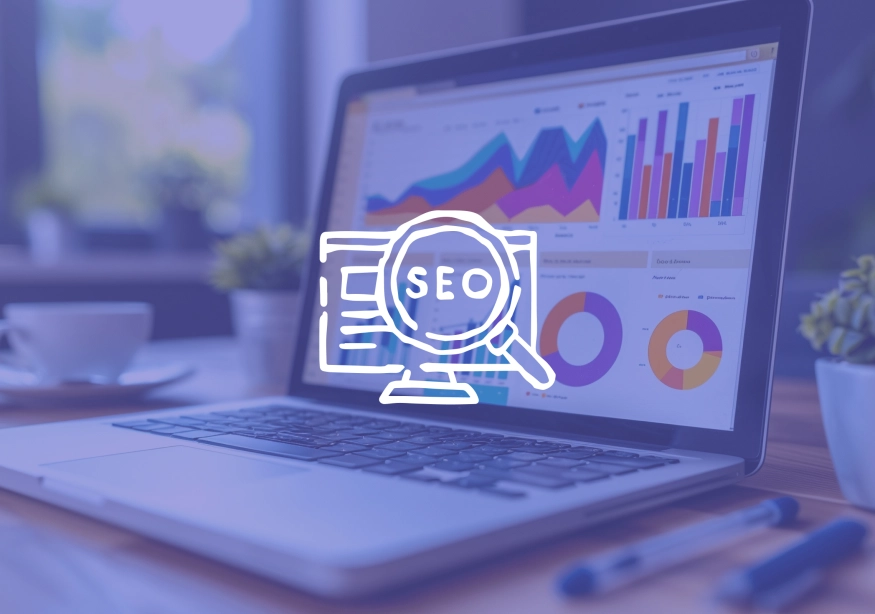As of September 2024, WordPress.org has blocked WP Engine from accessing key resources such as plugin updates, themes, and other integral parts of the WordPress ecosystem. This unexpected move has sent ripples through the web development community, raising questions about security, licensing issues, and the future relationship between WordPress and one of its largest hosting partners.
It’s important to note that WordPress powers roughly 40% of websites on the web, many including WP Engine. The ban prevents WP Engine’s servers from having access to WordPress.org tools, including vital security updates. We wouldn’t be surprised if this has raised some concerns for you if you’re a WP Engine user. What does this mean? What should you do next? We’re here to shed some light on this and what this really means for WordPress and WP Engine.
How it Began
At the core of this issue is WordPress.org's dissatisfaction with WP Engine's use of its open-source tools without proper licensing. WP Engine has been accused of modifying WordPress’s core code, leading to incompatibility and potential security vulnerabilities. For website owners using WP Engine, this could result in disruptions and an increased risk of vulnerabilities since WP Engine will no longer benefit from WordPress.org's regular security updates.
How Does This Impact WP Engine Users?
If WP Engine is your sole hosting provider, you may want to consider other alternatives that maintain full compatibility with WordPress.org. There will be numerous limitations for WP Engine users since you won’t be able to access and download plugins and themes through WP Admin. This also affects your ability to update these components, removing the flexibility that WordPress websites normally can provide.
While WP Engine continues to address these issues, current users need to remain proactive. Backing up your website regularly, keeping plugins and themes updated, and exploring other hosting providers or CMS options are all steps that can mitigate any potential risks.
This development might be a good moment to check in with your own team and clients about their hosting situation and whether it's time to consider a change or stay informed on the resolution between WordPress.org and WP Engine.
What This Means For Your Business
If your company relies on WP Engine to host your WordPress site, you’re likely wondering what to do next. As of right now, WP Engine is still functioning, but there are a few steps you should consider for your business including:
Keep Security at The Forefront
With the loss of WordPress.org’s automatic security updates, you’ll want to be proactive. Make sure all your plugins, themes, and WordPress core files are up to date, and consider a backup strategy to safeguard your data.
Assess Hosting Alternatives
While this conflict is unfortunate, it also gives you the perfect opportunity to reassess your hosting provider. Other providers offer full access to WordPress’s resources without any restrictions, making them solid alternatives if you’re concerned about long-term security solutions. It also will give you full control over the customizations for your website.
Monitor the Situation
While WP Engine and WordPress may come to a solution, you want to take proactive steps to make sure you’re utilizing the right provider for your business’s immediate needs. Stay informed by following updates from both WordPress.org and WP Engine, but as we mentioned, consider other alternatives that you can lean on to protect your website.
Hounder’s Take on WordPress Hosting
At Hounder, we work closely with clients to ensure their sites are running on secure, stable infrastructure. This latest incident serves as a reminder that even the biggest hosting providers aren’t immune to disruptions. Our team is ready to help you navigate these challenges — whether that means evaluating alternative hosting solutions, strengthening your site’s security, or simply ensuring that you stay ahead of potential issues.
Our team has extensive experience with WordPress and many other web hosting platforms, so we can help evaluate your website and offer guidance on what next steps should be taken. Feel free to reach out to us to discuss how this change may affect your WordPress site or how we can assist in keeping your web environment secure.
What are your opinions on this latest WordPress development? We’d love to hear any thoughts or questions that are on your mind!


